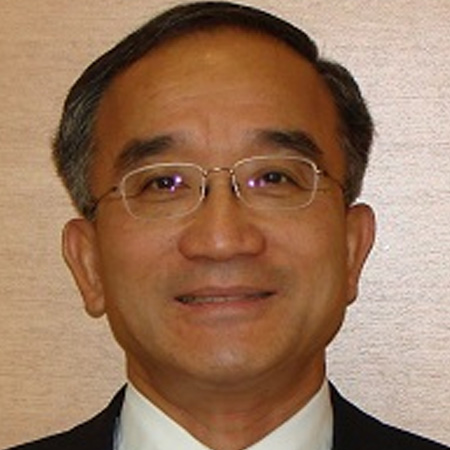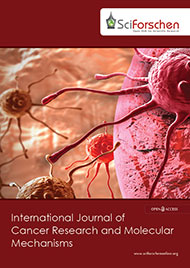
Professor
Eppley Cancer Institute
University of Nebraska Medical Center
USA

Eppley Cancer Institute
University of Nebraska Medical Center
USA
| Ph.D | 1983 | State University of New York, Buffalo, USA |
Prostate Cancer, Signaling Transduction, Steroid hormone, translational research

All Sci Forschen Journals are Open Access